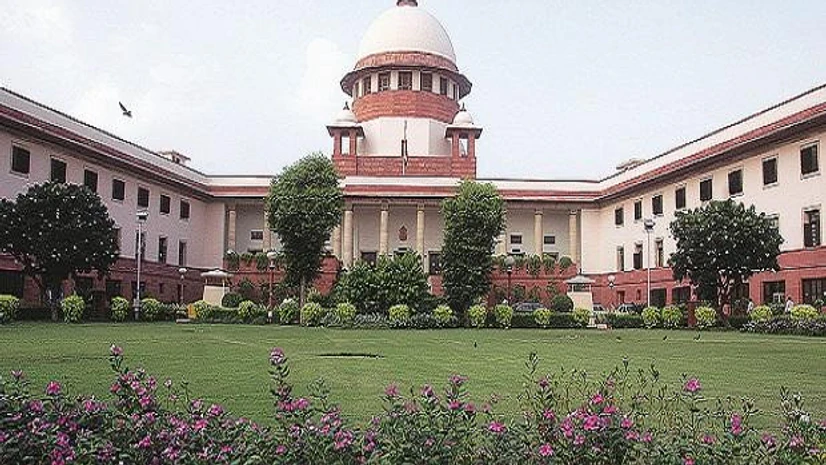The Supreme Court's verdict regarding giving Permanent Commission (PC) to women officers in the Army has paved the way to demolish gender-related barriers that have been institutionalised and set a milestone to treat women as equal stakeholders in the service of the nation.
The bench of the apex court, headed by Justice Dr DY Chandrachud categorically held in the landmark judgment on Thursday that there are "fundamental fallacies in the reasoning given by the Army to deny PC to women officers".
The top court in its judgement also said that the process undertaken to evaluate women officers for the grant of PC was by a belated application of a general policy that did not redress the harms of gendered discrimination that were identified by this court in the Babita Puniya case.
"There is no justification to exclude women officers based on irrational and arbitrary standards. We must rebuild the structure of our society to include women," the top court said.
The court specifically recorded that the Army has employed indirect discrimination and an exclusionary approach in granting PC to women officers.
Also Read
After the landmark judgment of Babita Puniya on February 17, 2020, the apex court passed a slew of directions to consider women officers for grant of permanent commission, promotion and consequential benefits, the army initiated the procedure to comply with the directions, but the compliance so done was not in tune with the true intent of the directions given by court while passing the judgment.
Therefore a group of petitions, including one Sonia Anand Bedi, was filed against the Union of India, through her lawyer, Chitrangda Rastravara and Archana Pathak Dave, AOR (Advocate on Record) in the month of October last year, to challenge the arbitrary procedure including unjust medical standards applied to deny PC to women officers.
The top court on Thursday passed the landmark verdict categorically holding that the women officers approached the SC not to ask for an extra benefit but they have implored the court to restore their dignity.
The grant of Permanent commission to these extremely meritorious officers is not just a legitimate expectation but a right that had accrued in their favour as a result of the judgment of the Delhi High court in 2010 which did not comply for a decade even though it did not stay for implementation pending appeal before the apex court, it said.
(Only the headline and picture of this report may have been reworked by the Business Standard staff; the rest of the content is auto-generated from a syndicated feed.)

)
